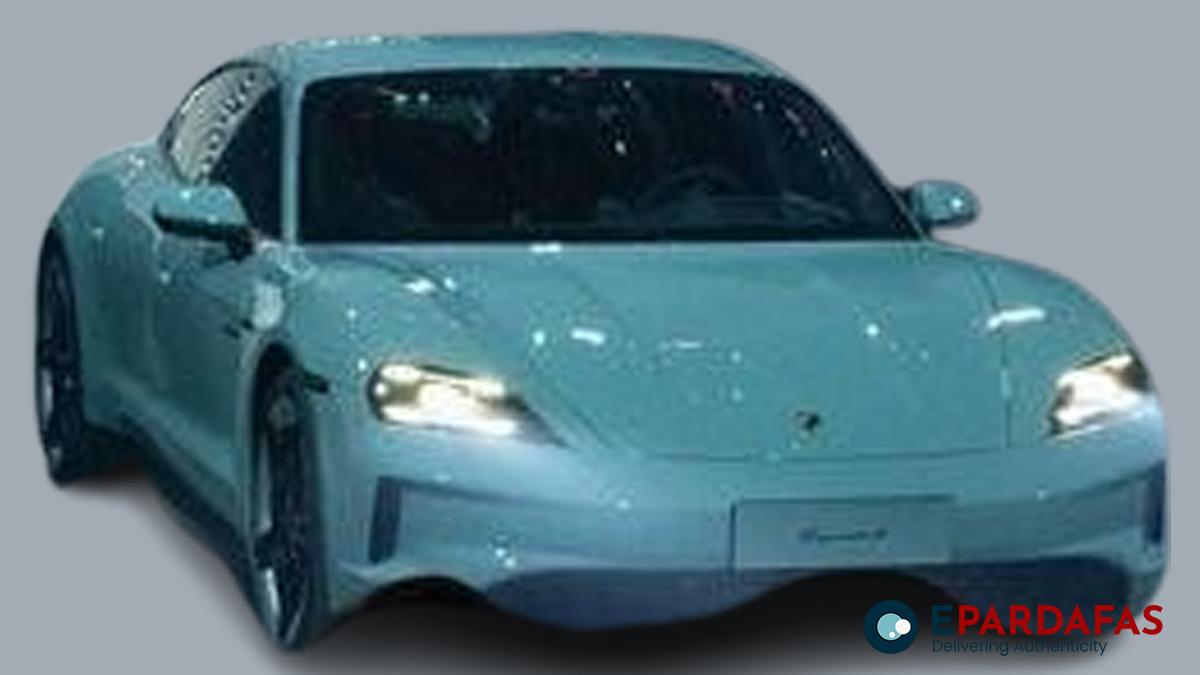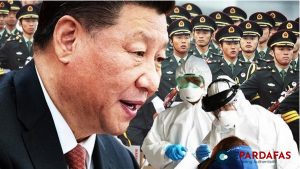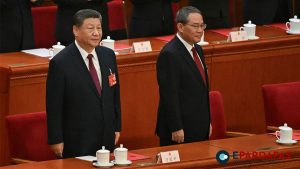The European Commission has announced the imposition of import tariffs of up to 38% on Chinese electric vehicles (EVs), following an investigation that found Chinese producers benefited from “unfair subsidies” throughout their supply chains, from lithium refining to the transportation of final products. These tariffs are set to take effect on July 4 unless negotiations with Chinese authorities yield a resolution.
China’s Ministry of Commerce criticized the tariffs, labeling them “excessively high” and “lacking factual and legal basis.” A spokesperson condemned the investigation’s conclusions as a blatant act of protectionism that escalates trade tensions. “China will resolutely take all necessary measures to defend the legitimate rights and interests of Chinese enterprises,” they stated.
Several major Chinese EV manufacturers will be affected by these tariffs. BYD will face import duties of 17.4%, Geely Holding will be subject to 20%, and state-owned SAIC Motor will see a tariff of 38.1%, according to the European Commission. Chinese-made EVs currently face a 10% EU import tariff. Other producers that cooperated with the EU investigation will face an average duty of 21%, while those that did not cooperate will be hit with a 38.1% “residual duty.”
These new tariffs will impact several Chinese companies that produce popular European brands. Geely, for instance, controls Volvo, and SAIC owns the iconic British MG brand. Volkswagen Group, which collaborates with a Chinese partner to manufacture EVs, will also be affected.
Jacob Gunter, lead analyst at the Mercator Institute for China Studies, expressed skepticism about the possibility of negotiations yielding significant changes. “Given the importance of the automotive sector in Europe, the distortions from the subsidies are unlikely to be allowed to continue,” he noted.
Alicia Garcia-Herrero, a senior research fellow at Bruegel, echoed this sentiment, stating that it’s too late for negotiations. She highlighted that European EV makers are also affected by the tariffs, which could pressure them to oppose the measures.
Research from the Rhodium Group indicates that brands like MG, BMW, Renault, and Mercedes will suffer due to the new tariffs, which could exceed their profit margins in the European market. Interestingly, BYD might benefit as it faces a lower duty compared to other brands, potentially allowing it to fill the market gaps.
The Chinese Chamber of Commerce to the EU criticized the investigation as politically motivated and protectionist. They warned that the tariffs would pose a serious market barrier, although they affirmed Europe’s importance as a strategic market for Chinese EV companies.
Member states will vote on whether to make these duties definitive by early November, with definitive measures lasting five years. This move by the European Commission follows the U.S. announcement of a 100% tariff on EVs imported from China, along with a 25% import tariff on lithium-ion EV batteries and parts, effective from 2026.
The U.S. tariffs are largely symbolic since major Chinese EV players do not sell their cars in the American market. However, Europe is a growing market for Chinese EVs, with imports surging from $1.6 billion in 2020 to $11.5 billion in 2023.
James Moran, a senior research fellow at CEPS, believes that Europe’s new tariffs may not deter the surge in Chinese imports despite squeezing profit margins. He anticipates limited Chinese retaliation due to China’s need for smooth commercial relations with the EU amidst its economic recovery challenges and ongoing issues with the U.S. market.
Overall, these developments highlight the rising barriers against Chinese products in the international marketplace, with Turkey also announcing a 40% additional tariff on Chinese vehicles effective from July. The global trade landscape is increasingly becoming a battleground for economic and strategic interests.













Comments